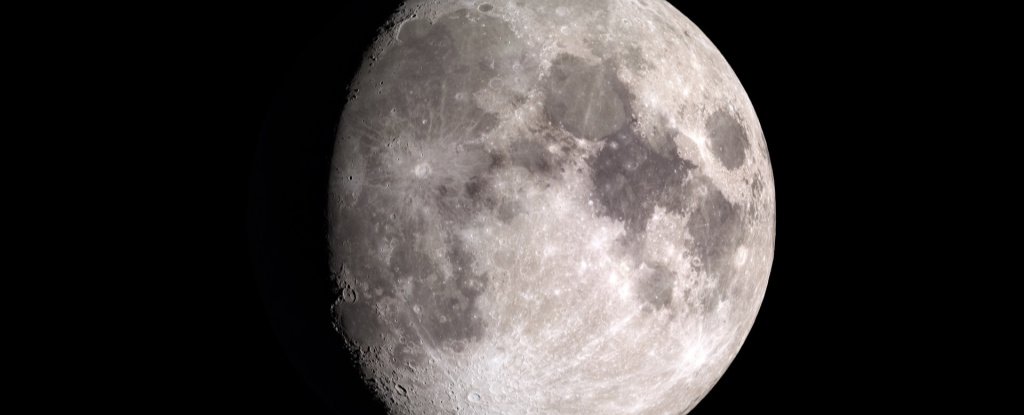
"For all of the money we are spending, NASA should NOT be talking about going to the Moon — We did that 50 years ago. They should be focused on the much bigger things we are doing, including Mars (of which the Moon is a part), Defense and Science!"
— President Trump, in a tweet
So, uh, yeah . . . there's a lot to unpack here.
First, let's give credit where credit is due: It is a fact that American astronauts landed on the Moon 50 years ago (no matter what the conspiracy theorists say).
But the president might want to take another look at the space policy directive he signed his first year in office, which directed NASA to return to the lunar surface. He could also re-watch the big speech Vice President Pence gave this spring, in which he gave NASA a five-year deadline for the Moon mission. And it could be worth reexamining his administration's request that Congress add $1.6 billion to NASA's budget for this purpose (maybe Pell Grant recipients will want it back?).
NASA has framed its lunar ambitions as a steppingstone to an eventual human mission to the Red Planet, which is possibly what Trump was referring to when he called the Moon "a part" of Mars.
But just in case, it seems worth stating for the record: The Moon is a satellite of Earth.
In fact, the Moon is probably most accurately described as part of our own planet. Rocks brought back by the Apollo astronauts show that lunar material carries chemical fingerprints almost identical to those found on Earth. Scientists think that the Moon was formed from debris produced during an ancient, giant collision between Earth and a now-vanished protoplanet called Theia.
Mars has two moons called Phobos and Deimos, whose names come from the Greek words for "panic" and "dread." But these small bodies, and the planet they orbit, can be anywhere from 34 million miles to 249 million miles from our Moon at any given moment.
2019 © The Washington Post
This article was originally published by The Washington Post.
Bagikan Berita Ini














0 Response to "In Case Anyone Needs Clarification, Here's The Definition of The Moon - ScienceAlert"
Post a Comment